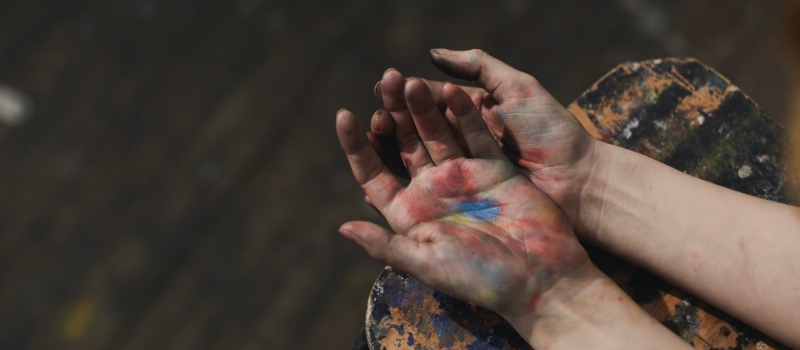Sunday October 10, 2021 is National Mental Health Day, the last day of Mental Health Awareness Week 2021 (MHAW).
How many Americans suffer from mental illness?
1 in 5 adults in the United Sates experience mental illness and and 1 in 6 youth aged 6-17 experience serious mental illness, each year; that means 51.6 million adults and 8.2 million youth, respectively. Of those 51.6 million adults suffering from mental illness, 18%, or 9.3 million adults, are also suffering from substance use disorder.
Mental health and substance use disorder can sometimes be difficult to differentiate. Often times an underlying mental health issue can be the cause of an individual attempting to self-medicate with illicit drugs for a number of reasons, but predominantly lack of access to mental health services
National Mental Health Awareness Week’s goal is to bring attention to the prevalence of mental illness in America, as well as resources to those who need it, or are effected by those who have mental illness – called the “ripple effect” by the National Alliance of Mental Illness.
Mental illness effects everyone involved.
According to NAMI’s data, caregivers of adults with mental or emotional health issues spend an average of 32 hours per week providing unpaid care, mental illness and substance use disorders, are involved in 1 out of every 8 emergency department visits by adults, and depression and anxiety disorders cost the global economy 1 trillion dollars in lost productivity each year.
From families to the global economy, everyone is touched by mental illness. Yet a stigma still remains about talking about the more sensitive topics of mental illness – specifically, suicide. Suicide is the 2nd leading cause of death in America among ages 10 – 34. Since 1999 the suicide rate in the United States has increased by 35%, and 46% of those who commit suicide have been diagnosed with a mental disorder over their lifetime. The statistics become exponentially more staggering as transgender adults are nearly 12x more likely to attempt suicide than the general popuwlation.
These statistics may feel overwhelming if you or a loved one is suffering from mental disorder, but NAMI wants all those effected to know they are Not Alone. In an effort to inform and educate, there are several resources available as innovations in evidence-based medications, therapy and psychosocial services have increased.
What are some tools to help those suffering?
Not only is treatment by a professional an important factor in mental illness management, but social support can be a huge relief to those suffering from a mental health crisis, or day-to-day activities that seem overwhelming in the context of their illness. Family and friends accepting the diagnoses, providing encouragement and having proper education about their loved one’s illness creates a support system that promotes long-term recovery and management.
Mental Illness and Addiction Treatment
Similar to First Step Recovery’s evidence-based, individualized and holistic approach to long-term sobriety, mental illness treatment demands a well-rounded and flexible approach with a goal of learning to live a joyful and full life. So as we enter into MHAW, we can all take the opportunity to learn more about the mental health crisis effecting over 60 million aduts in America. The topics may be uncomfortable but if you or your loved one is open to talking about it, several resources are available.
To learn more about the different resources check out NAMI’s website, nd take an opportunity to start a dialogue with a loved one about mental health – yours or theirs. And as always, if someone you know is suffering from substance use disorder, we are here for you. Call us today to learn more.
Source:




